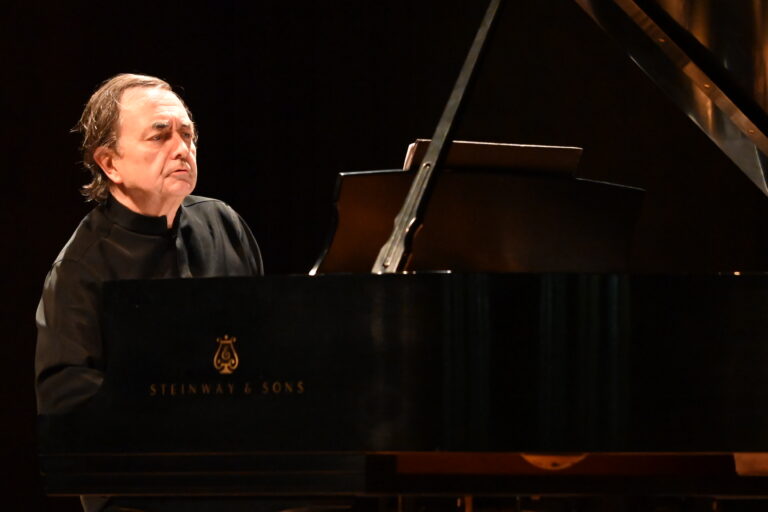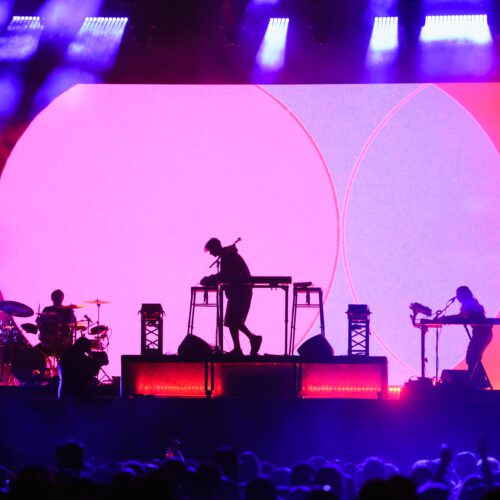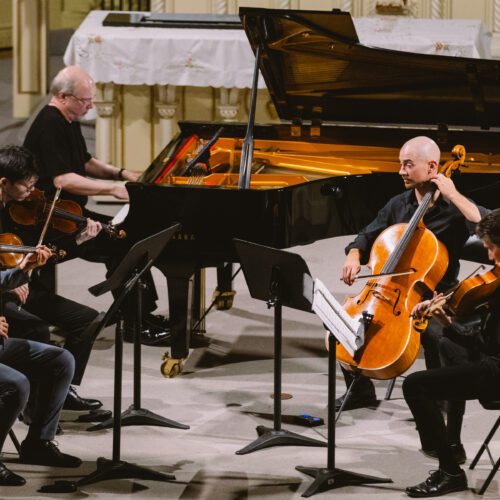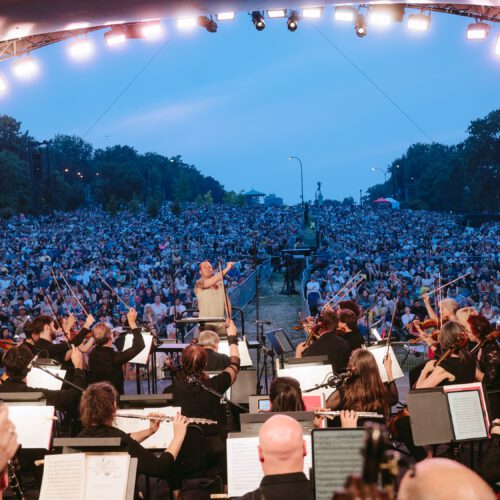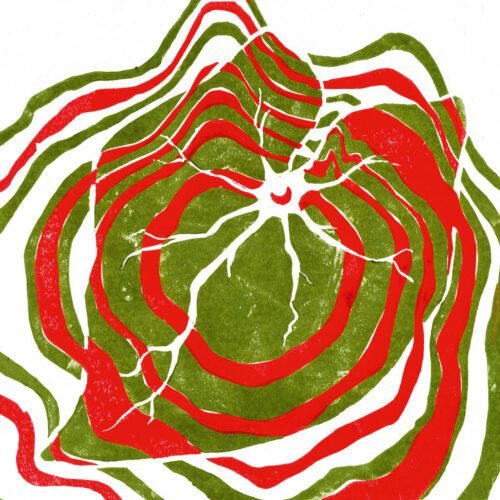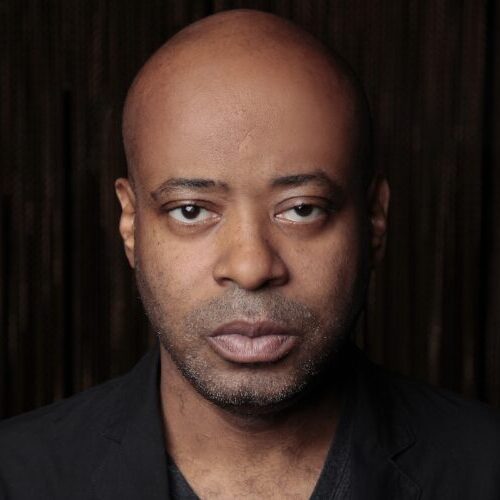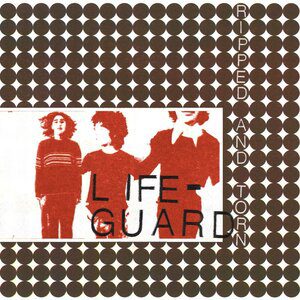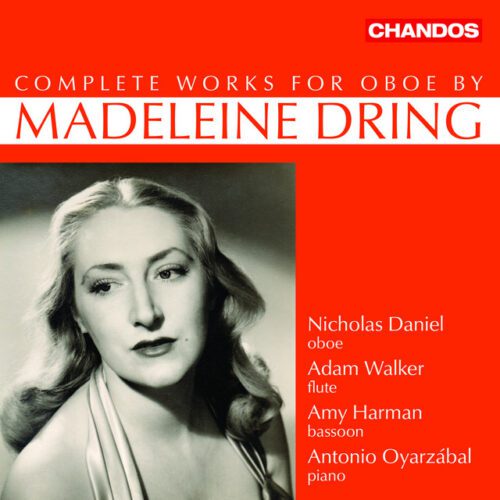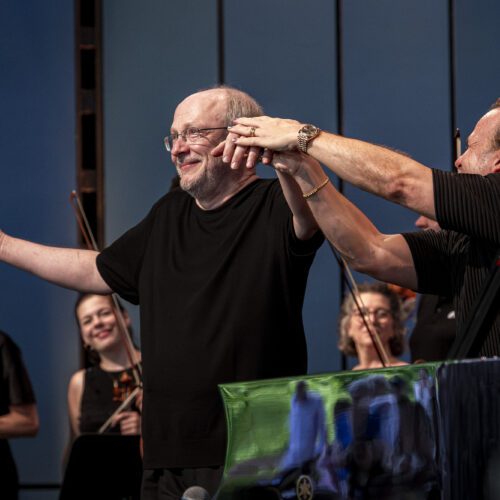One hundred years ago, the fascinating Hungarian composer György Ligeti was born. Although he passed away in 2006, his music has left an imposing mark on contemporary and contemporary music of the 20th and 21st centuries. Salle Bourgie and the Ligeti Quartet have invited a host of performers and composers to pay tribute to this diverse and moving architect of sound.
Ligeti’s music is difficult to define in a single work since it evolves not only through the formats in which he composed but also through the periods. So it was impossible to adequately represent and honor his work through a single concert. That’s why this festival is made up of three separate, independent concerts, to represent the different aspects of Ligeti’s work and present it to an audience that is often already conquered, but still curious about such unusual music.
The final concert of the Ligeti Festival featured a distinguished musician. The fantastic French pianist Pierre-Laurent Aimard paid a heartfelt tribute to a close friend and collaborator in Ligeti. He offered a touching comparison of the composer’s piano works with those of the classical (with Beethoven), romantic (with Chopin) and modern (with Debussy) repertoires. It was also an opportunity to showcase Salle Bourgie’s new concert grand piano (a Steinway model D-274 from Hamburg).
The first part is entirely devoted to alternating movements from Ligeti’s Musica ricercata (1951-1953) and Beethoven’s Bagatelles (a selection from among them). We appreciate the way Aimard highlights the resonant ideas and close links between the two composers’ writing. We sometimes find ourselves losing track and confusing the two composers, at least if we don’t know the works by heart. One can only admire the pianist’s intense, magnificent interpretation.
The program for the second half was modified, again alternating composers, this time between works by Ligeti, Chopin and Debussy. This gives Aimard the opportunity to comment on each work on the program and explain its logic. The care with which he has reconstructed the program demonstrates his sincere love for Ligeti and his music and is evident in the harmonic, melodic and rhythmic exploration he has proposed. He even offered an encore, playing the work Fanfares which had been withdrawn from the program. A great success, and a fine opportunity to reflect on the echoes between eras.
The celebration of György Ligeti and his Festival at Salle Bourgie can only be described as a success. Whether it was an opportunity to discover or deepen one’s knowledge of the Hungarian composer, one thing is certain: it was impossible to remain passive in front of the intensely creative and breathtaking music of this monument of contemporary music.
Photo credit: Claudine Jacques
